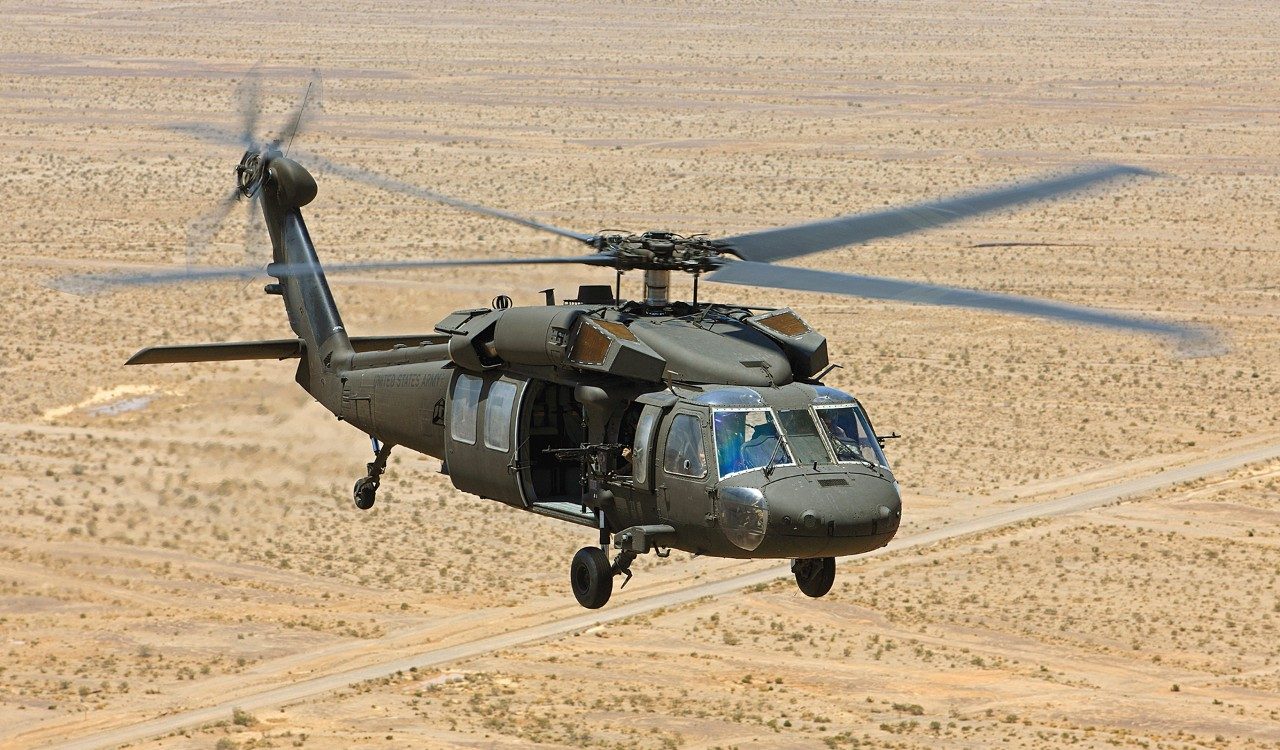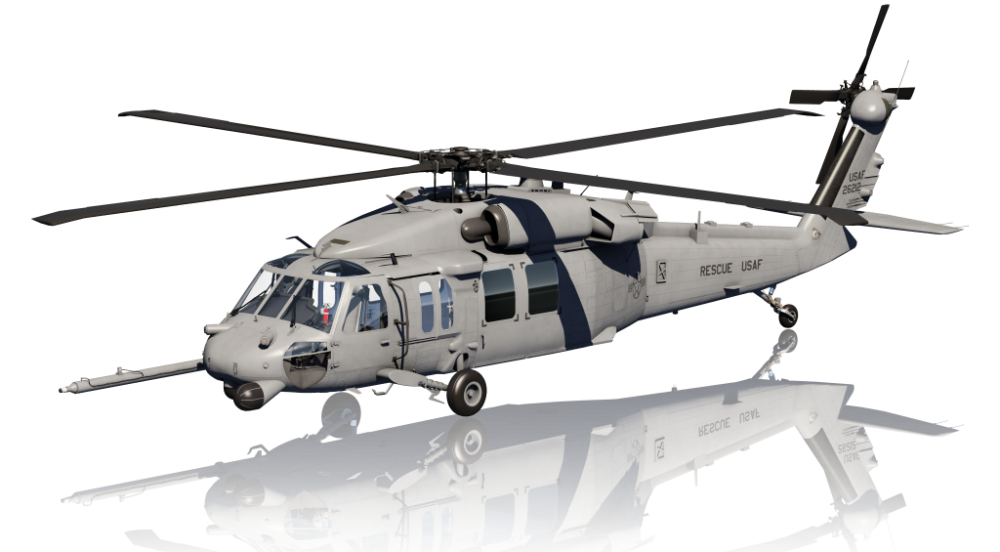UH 60 Black Hawk: Army Helicopter Attributes and Capacities
UH 60 Black Hawk: Army Helicopter Attributes and Capacities
Blog Article
The Duty of Aircraft in Forming Worldwide Transport and Trade Characteristics
With the facility of robust air freight networks, companies can currently navigate worldwide markets with amazing rate and agility, therefore redefining supply chain techniques. As we discover the multifaceted impacts of airplane on international trade, it is crucial to take into consideration exactly how these factors will form the future landscape of air travel and its role in the economic situation.

Development of Air Transportation
The advancement of air transport has been marked by considerable technological developments and advancements that have transformed the method individuals and items move across the globe. From the Wright brothers' first powered trip in 1903 to the growth of supersonic jets, each landmark has actually emphasized the unrelenting search of effectiveness and rate in air travel.
The latter part of the 20th century saw the development of commercial aviation as a viable setting of transportation, defined by the introduction of jet engines, which transformed flight by substantially lowering trip times. Furthermore, advancements in navigation and interaction modern technologies have boosted operational efficiency and safety, permitting even more complicated flight routes and timetables. The surge of air freight in parallel with passenger solutions has further emphasized the adaptability of aviation. As we look to the future, arising technologies such as electrical and self-governing airplane pledge to redefine the air transportation landscape, making certain continued advancement and adaptation to international demands.
Effect On Global Trade
Air transport has profoundly improved global profession by facilitating the swift activity of goods across substantial distances. This expedited logistics capacity permits businesses to react rapidly to market needs, thereby improving supply chain efficiency. The ability to deliver disposable products, high-value things, and time-sensitive items has opened new markets and possibilities for numerous markets, considerably affecting profession patterns.
In addition, the development of air freight networks has fostered globalization, allowing firms to source materials and products from different components of the globe effortlessly. This interconnectedness lowers preparations and costs, enabling organizations to remain competitive in a progressively worldwide market. Furthermore, air transport plays a vital duty in shopping, where consumer assumptions for rapid delivery have driven a surge in demand for air freight services.
The effect of aircraft on global trade prolongs to the development of calculated profession courses, connecting areas and facilitating worldwide collaborations. Nations that buy air transportation facilities typically experience enhanced financial growth and increased foreign direct financial investment. On the whole, the advancement of air transportation has not just changed the logistics landscape however has additionally come to be an essential part in the characteristics of international profession.

Financial Benefits of Aviation
A robust air travel sector produces substantial economic advantages, contributing to job production, tourist, and general financial development - uh 60. The air travel sector supports numerous tasks globally, varying from direct work in airline companies and flight terminals to indirect functions in markets such as hospitality, transport, and logistics. According to industry reports, for each work in the aviation market, approximately 3.5 additional work are created in the wider economic climate
Tourist is a critical aspect of the economic advantages derived from aeronautics. Flight promotes worldwide tourist, allowing vacationers to discover varied locations, which consequently stimulates local economic climates. Nations that invest in their aviation facilities typically experience increased traveler arrivals, resulting in higher costs on services such as attractions, dining establishments, and resorts.

In addition, aviation enhances international connectivity, allowing companies to access brand-new markets and sources effectively. This connectivity cultivates global trade, permitting the rapid activity of products, which is important in today's globalized economy. Because of this, industries such as ecommerce see this site and manufacturing advantage tremendously from reliable air transport, further driving financial growth. On the whole, the air travel sector remains a cornerstone of economic vitality, highlighting its integral duty in forming modern-day economic situations.
Challenges Dealing With the Aviation Market
Browsing a complex landscape of regulatory, ecological, and economic obstacles, the aeronautics market faces significant difficulties that endanger its sustainability and growth. Laws bordering security and security are consistently advancing, requiring ongoing conformity and adjustment from airlines and suppliers (uh 60). This can bring about increased operational expenses and source allocation that diminishes advancement and expansion initiatives
In addition, environmental problems have come to be vital, with expanding analysis over carbon emissions and sound pollution. The sector is under stress to adopt greener modern technologies and methods, which frequently require substantial investment in r & d. Stabilizing these ecological duties with the need for air traveling provides a substantial obstacle.
Financial variations, such as increasing gas prices and geopolitical unpredictabilities, even more complicate the landscape. Airlines frequently face volatile operating expenses and fluctuating guest demand, which can influence productivity and lasting preparation. Labor scarcities and ability voids in crucial locations include another layer of intricacy, impeding operational performance.
Ultimately, dealing with these multifaceted difficulties is vital see for the air travel sector to keep its essential duty in global transport and profession, while making certain strength and adaptability in a progressively open market.
Future Fads in Flight
Shifting and emerging technologies consumer choices are positioned to improve the future of air travel considerably. The integration of man-made knowledge and maker learning is anticipated to improve operational effectiveness, improve airport procedures, and boost customer support. Anticipating analytics will certainly assist in more accurate need forecasting, allowing airlines to enhance flight schedules and prices models.
Sustainability is ending up being next page an essential chauffeur in flight, with the aeronautics sector progressively focused on decreasing carbon emissions. Technologies in aircraft style, such as hybrid and electrical propulsion systems, are being checked out to fulfill ecological targets. Moreover, the adoption of lasting aviation gas (SAFs) is anticipated to play a vital duty in achieving net-zero discharges by 2050.
Customer preferences are shifting in the direction of individualized travel experiences. Airline companies are buying sophisticated information analytics to customize services and boost consumer involvement, guaranteeing a more tailored trip from scheduling to arrival. In addition, the increase of remote job might lead to raised need for recreation travel, as individuals seek to combine job and vacation.
Final Thought
To conclude, aircraft significantly affect international transport and profession characteristics by facilitating rapid movement and enhancing supply chain efficiency. The development of air transportation has actually changed global profession, generating considerable financial advantages while additionally offering obstacles that call for calculated monitoring. Future fads suggest a continued dependence on aeronautics for business, underscoring its indispensable role in globalization and financial growth. The continuous adaptation of the aviation sector will certainly be necessary for maintaining its payments to the global economic climate.
The last part of the 20th century experienced the introduction of industrial aeronautics as a practical setting of transportation, defined by the introduction of jet engines, which changed air travel by considerably reducing trip times. The increase of air cargo in parallel with traveler services has actually additionally underscored the convenience of aviation. Furthermore, air transport plays a critical duty in shopping, where customer assumptions for rapid distribution have actually driven a surge in need for air products solutions.
Generally, the development of air transportation has not only transformed the logistics landscape but has additionally come to be a crucial part in the dynamics of worldwide profession.
Sustainability is becoming a crucial driver in air travel, with the aeronautics industry increasingly concentrated on decreasing carbon exhausts.
Report this page